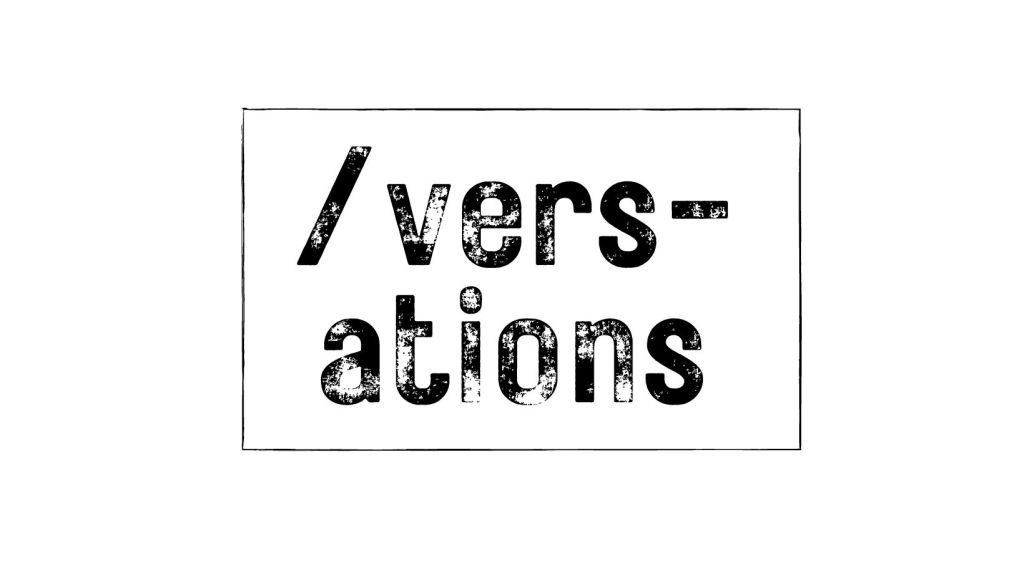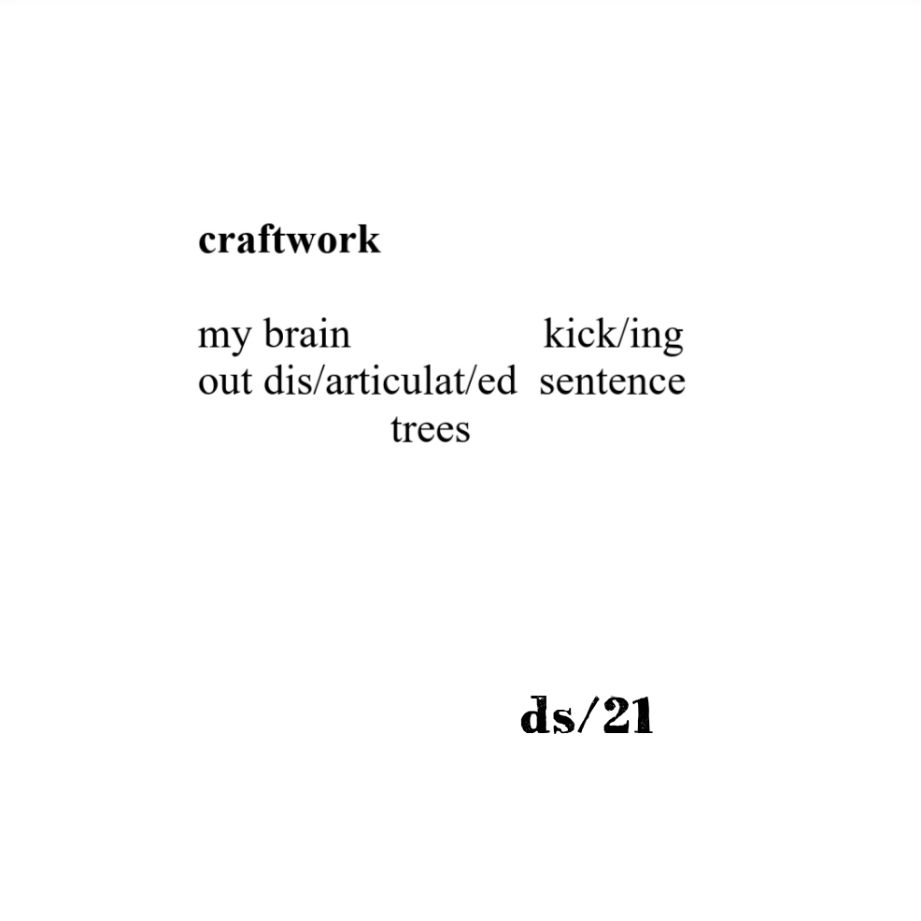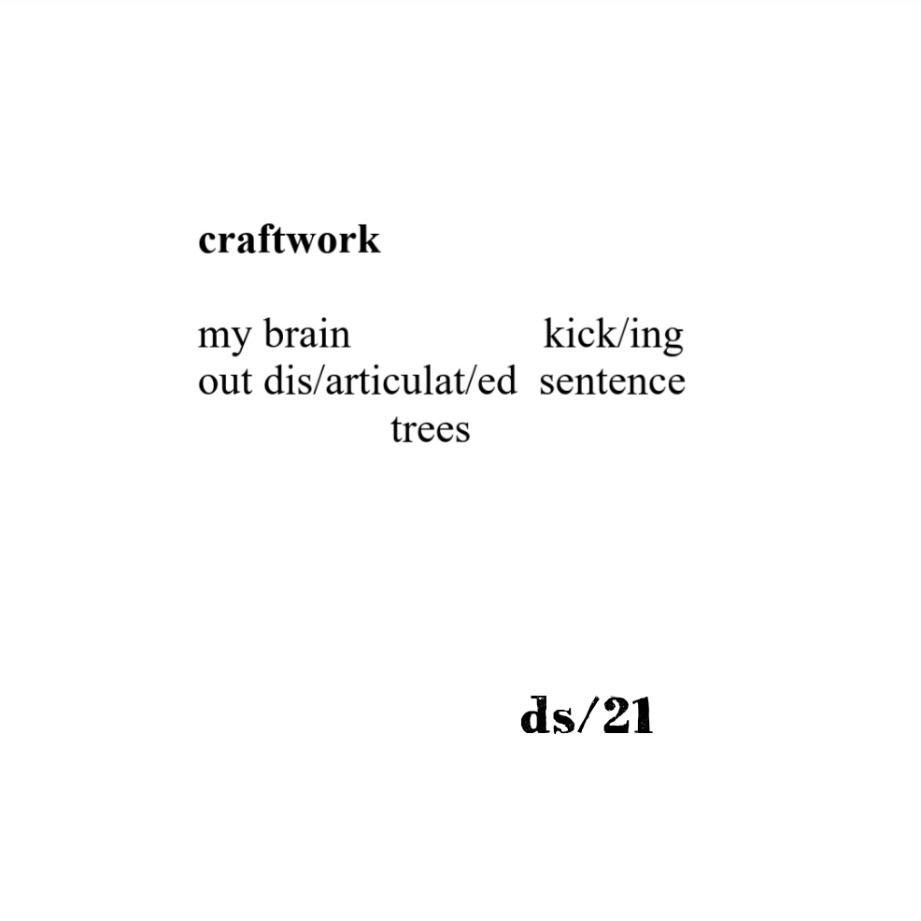
There are as many poetic craft and composition regimens as there are poets. Some have more ritualized processes than others. Some can only write in the morning. Some can only write late into the night. Some carve their time after supper and when the kids are in bed. Some write prolificly. Some are slow and steady crafters. Some write every day. Some only write when they feel properly inspired.
There are no writing practices that are more correct than others. They all work or don’t depending on the particular poet and their particular life.
Nearly all of my poems and 95% of my prose, including this bit, are written in the moment. I revise very little.
Lately I write in brief down times during my work day… raising steam or working the throttle on the Belle of Louisville tends to have a similar effect on my writing.
Sometimes I start out with the intention to focus on a particular style… a sonnet or a tanka or a ghazal or a haiku. Mostly I let the poem lead. Sometimes the poem allows me to lead. The relationship is an organic one.
There are times when the poems drive themselves daily and more often. Sometimes there’s a bit of gunk in the line, and the poems drive slower, or not at all, and not necessarily to my satisfaction. In that case, I revisit themes, the landscapes ajmnd geography of things I’ve written, or I read a new poet or I find an poet I’ve read before and I read them again. Sometimes I read something other than poetry.
So if there is an apparent haste in my poetry or it slows down in number or in quality, I generally don’t dwell. I just vent the burners and fire again.



